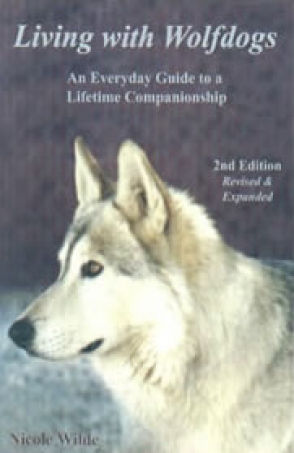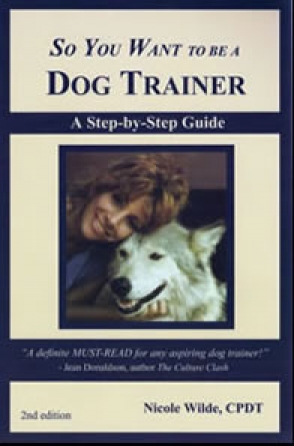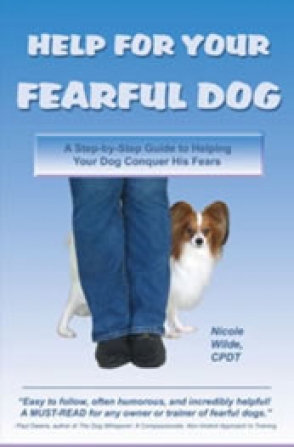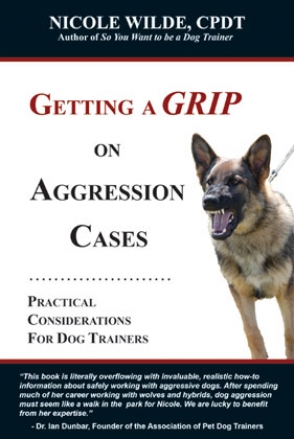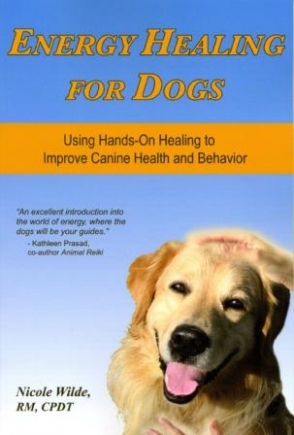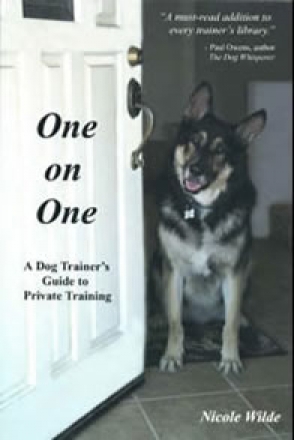Advice, answers, tricks and tips for anyone who shares or is considering sharing their life with these special companions. Packed with photographs.
Holiday Hazards: What Every Dog Owner Should Know
Yep, it’s that time again. The stores are filled with holiday decorations, we all wonder how the season could have snuck up on us so quickly…and dog trainers like me feel the need to warn everyone about the things that can harm dogs at the holidays.
Between planning family gatherings, decorating, gift-buying, and preparing way too much food, it's easy to get overwhelmed and forget about the needs of our dogs. But the holidays are also the busiest time of the year for veterinary emergency clinics. Take a moment to read over these simple tips for keeping your dogs happy and safe during the holidays:
1. Turkey is hands-down the most popular Thanksgiving meal. Many owners want to share their fabulous spread with their dogs—but cooked turkey bones can splinter and be fatal. If you want to share your Thanksgiving dinner, give your dog a few small pieces of meat that you have picked off the turkey. In general, small amounts of bland foods such as mashed sweet potato are fine, while anything spicy is off-limits. Keep your dog away from fatty foods such as gravy as well, as they can cause stomach upset or even an inflammation of the pancreas. Place the food in your dog’s dish a short while after everyone has finished eating, or better yet, in a stuffed Kong. If you feed directly from the table (or right after it’s done), you’ll only encourage a habit of begging at mealtimes. Be careful too that your trash is taken out immediately, to avoid your dog scavenging and finding bones or other dangers.
2. Oh Christmas Tree, Oh Christmas Tree….the song is lovely, but the tree can be oh so dangerous! First, there are the ornaments. Glass ornaments should be hung high to avoid breakage and possible ingestion. Tinsel poses a glittering danger of its own; if ingested, it can easily cause intestinal blockages. If you hang lights, be careful that the electrical cord is not placed where it can be easily chewed. Chewing on any type of electrical wiring could cause your dog to burn his mouth or even be electrocuted. If you can’t get the cord out of the way, either run it through a piece of PVC pipe or spray it regularly with a taste deterrent such as Bitter Apple. And remember not to leave any edible gifts under the tree—that’s just asking for trouble! If your holiday involves a menorah that uses real candles, place it where it cannot be knocked over. If it is the electrical type, the same cautions for the Christmas tree cord apply.
3. Poinsettia plants are a perennial holiday favorite. Unfortunately they, along with holly leaves and berries, are toxic to dogs. And you’ll have to do your kissing unprompted, as mistletoe presents yet another poisoning danger to canines. Whether it’s the holiday season or another time of the year, If you’re not sure whether a particular plant is toxic, an online search for “poisonous plants dogs” will yield a multitude of informative sites.
4. Guests may not present a physical danger to your dog, but the constant stimulation of noise, activity, and the presence of so many more people than usual can easily cause a dog to become over-stimulated and stressed. Even if your dog is not normally nervous around people, make sure he has a quiet place to escape to, such as a crate placed in another room that is off-limits to visitors. Provide your dog with an interesting chew toy, and play some soft music to screen out the sounds of the festivities.
When your dog is present, be sure to keep a careful eye on interactions with your guests, particularly children. Kids tend to want to hug dogs and pat them palm-down over the head, both of which can be frightening to a dog. Make sure adults are not feeding your dog foods he shouldn’t have or too many of his own treats, and monitor the front door to make sure it does not get left open with all the comings and goings.
5. Few of us would visit a friend at the holidays without bringing a gift. A popular favorite is a box of chocolates. Unfortunately, the therobromine in chocolate makes it toxic to dogs, with dark chocolate and baking chocolate being the most dangerous. Keep all forms of chocolate out of your dog’s reach. Other common holiday snack foods such as grapes, raisins, and macadamia nuts can also be hazardous to dogs.
6. It is always a good idea to keep a phone number for a poison control hotline on hand. The ASPCA’s poison control hotline can be reached 24 hours a day, 365 days a year at 888-426-4435. Have the number of your vet handy, as well as the phone number of and directions to the nearest emergency clinic.
Taking a few minutes to secure your dog’s safety at the holidays will give you the best joy of all—having your dog with you for many holiday seasons to come.

